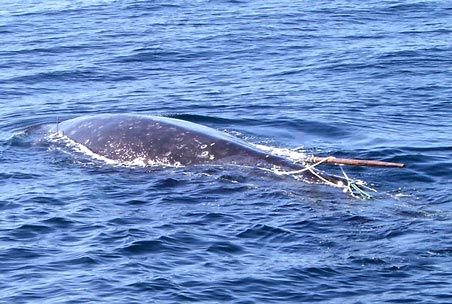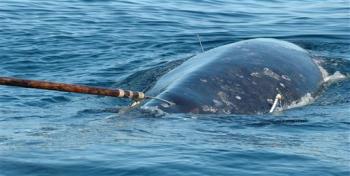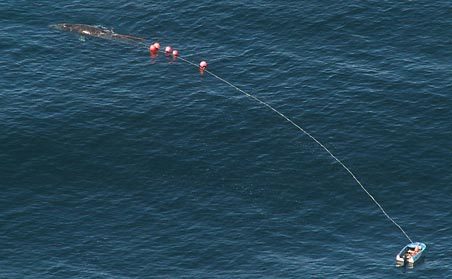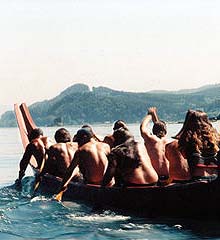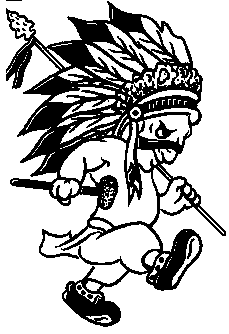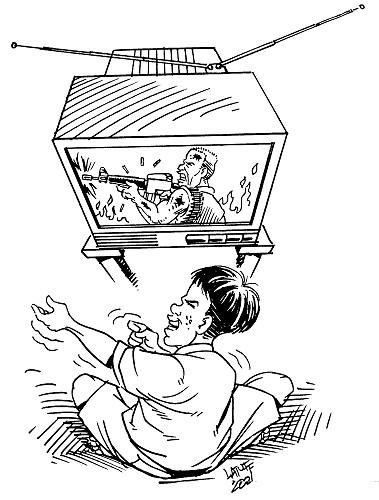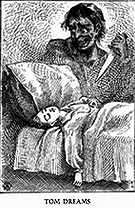The protest was promoted early on by Alethea Arnaquq-Baril, an Inuk filmmaker from Iqaluit, Nunavut.
Though she considers herself an "Ellen" fan, she was disappointed when she requested that Samsung donate $1.5 million to the Humane Society of the United States (HSUS), an organization that is vocally opposed to the seal hunt, after she took the record-breaking "Oscars selfie" with one of the tech giant's phones.
In a blog post on Wednesday, Arnaquq-Baril encouraged people to take pictures of themselves wearing sealskins and to tweet them at DeGeneres's Twitter account with the "#Sealfie" hashtag.
Seal meat is a staple food for Inuit and they should have the right to make a living off their animals just like anyone else, she told The Canadian Press.
The Council of Canadian Academies reported that 35 per cent of Inuit households in Nunavut don't have enough food to eat, while 76 per cent of preschoolers skip meals and 60 per cent have gone a day without eating.

Inuit Flood Twitter With 'Sealfies' After Ellen DeGeneres Selfie Funds Hunt Haters
By David P. Ball
What started with a teenager’s video explaining Inuit lifeways to the star has morphed into a twitter hashtag answering “selfie” with “sealfie,” as social media–savvy Inuit—who have for millennia depended on seals for meat, clothing and trade—fire back with their own hashtag featuring photos of them garbed in seal fur coats, mittens, boots and shawls. DeGeneres, fans and Twitter followers were elated when Samsung pledged to donate copy for every retweet of DeGeneres's Oscars selfie to a charity of her choice. The trouble started when the star, who hosted the Academy Awards, designated $1.5 million for the Humane Society of the United States, an organization that campaigns strongly against the seal hunt in Canada.
The online trend was sparked after Iqaluit teenager Killaq Enuaraq-Strauss, 17, uploaded a March 23 video to YouTube imploring DeGeneres to reconsider her choice of the Humane Society of the U.S. as a designated charity for Samsung's post-Oscar donation.
“We do not hunt seals, or any animal for that matter, for fashion,” Enuaraq-Strauss said in the video. “We hunt to survive. If Canada were to ban the seal hunt, so many families would suffer, would face harsher forms of malnutrition, and wouldn't be able to afford proper clothing for the Arctic environment we live in. Even more so, another part of our culture would have been killed.”
@TheEllenShow I am an Inuit seal meat eater, and my fur is ethical, humane. #sealfie vs. #selfie pic.twitter.com/tI4c3NxbEY
— Alethea/Aggiuq (@Alethea_Aggiuq) March 26, 2014The week in #sealfies
On the one hand, no animal should be killed cruelly and unnecessarily. On the other hand, what's the difference between whales, seals, cows, pigs, and chickens? Only vegetarians can claim not to be hypocritical on this issue.


